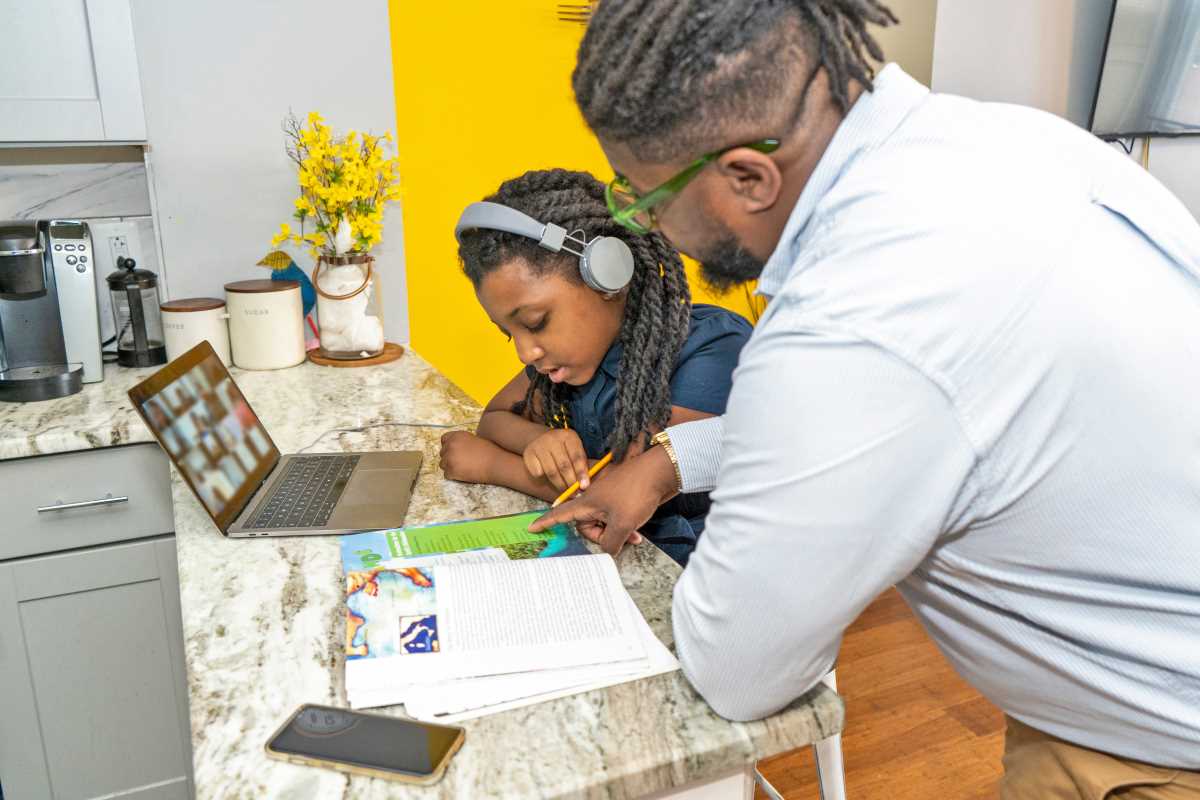Relationships are one of the most important aspects of our lives, and they require time, attention, and care to thrive. Even the strongest partnerships can experience challenges, and sometimes those challenges require outside support to navigate. Couples counseling, often seen as a last resort, can be a valuable tool for improving communication, resolving conflicts, and strengthening relationships. But how do you know when it’s the right time to seek professional help? This article will explore common signs that indicate it might be time to consider couples counseling and provide tips on how to approach this important step in your relationship.
Understanding the Role of Couples Counseling
Couples counseling, also known as marriage therapy or relationship therapy, is designed to help partners constructively work through their issues. The primary goal is to improve communication, resolve conflicts, and address emotional or psychological challenges that are affecting the relationship. A licensed therapist guides the process, offering strategies and tools to help couples better understand each other’s needs and work together to strengthen their bond.
Unlike individual therapy, couples counseling focuses on the dynamics between two people and how they interact with each other. It’s a collaborative process where both individuals are encouraged to share their feelings and perspectives while learning new ways to relate to one another.
Common Signs That It Might Be Time for Couples Counseling
Several indicators suggest a couple may benefit from counseling. While no relationship is without its challenges, certain patterns can be detrimental to long-term happiness. If you and your partner are struggling with any of the following issues, it may be time to seek outside help.
1. Communication Breakdown
Communication is the cornerstone of any healthy relationship. If you and your partner find it increasingly difficult to talk to one another or if conversations often result in arguments, this can be a sign of deeper issues. Poor communication can lead to misunderstandings, frustration, and emotional distance.
- You stop talking about important things: If you and your partner have stopped discussing the significant aspects of your life, it could mean you’re avoiding conflict or simply not connecting in the way you once did.
- You argue in circles: When disagreements become repetitive and unproductive, it’s a sign that communication is breaking down. Instead of resolving issues, arguments become a cycle that leaves both partners feeling unheard and misunderstood.
- You avoid difficult conversations: Avoiding tough topics (like finances, future plans, or intimacy) may signal that you’re not comfortable discussing them with each other.
2. Persistent Conflict or Resentment
All couples argue from time to time, but when conflicts are persistent or resentment begins to build, it can take a toll on the relationship. Unresolved conflicts create an atmosphere of tension and negativity, which can overshadow the good moments you share.
- Frequent fights over the same issues: If you and your partner keep fighting about the same topics without finding a solution, it indicates that something isn’t being addressed properly.
- Holding grudges: When past issues continue to resurface and influence current behavior, it may point to unresolved resentment that needs to be worked through with a counselor.
- You feel emotionally distant: If you find that you and your partner are no longer emotionally connected, it may be time to seek help in rebuilding that closeness.
3. Loss of Intimacy and Connection
Intimacy, both emotional and physical, is a vital part of any romantic relationship. A loss of intimacy can create a sense of loneliness or isolation within the partnership, leading to further disconnection. This decline in closeness often results from unresolved issues or communication problems.
- Physical intimacy has diminished: A lack of sexual or physical affection can be an indication of underlying issues, whether it’s stress, emotional distance, or unresolved conflicts.
- You no longer share personal thoughts and feelings: Intimacy also involves sharing your thoughts, fears, and dreams. If you feel like you’re no longer emotionally close to your partner, this could be a sign of a growing divide.
- You don’t enjoy spending time together: If your time together no longer feels meaningful or enjoyable, you may have drifted apart, and counseling can help you reconnect.
4. One or Both Partners Are Unhappy
Happiness is a vital part of a successful relationship. If one or both partners feel consistently unhappy, unfulfilled, or emotionally drained, it can lead to frustration, withdrawal, and resentment. Recognizing these emotions early is key to addressing them before they cause irreparable damage to the relationship.
- You feel like you’re walking on eggshells: If you’re constantly worried about upsetting your partner or feel anxious about their reactions, it may be a sign that things aren’t healthy.
- There’s a lack of shared goals or values: Over time, people change, and sometimes couples grow apart in terms of their long-term goals or values. This can create a feeling of being misaligned and dissatisfied in the relationship.
- You question your future together: If you or your partner start doubting the future of the relationship or have stopped making plans together, counseling can help address these concerns and provide clarity.
5. Emotional or Physical Abuse
Any form of abuse—whether emotional, physical, or psychological—should never be ignored. If either partner is experiencing abuse, it is critical to seek help immediately, whether through couples counseling or by contacting a professional organization. Abuse is never acceptable and requires serious attention from a trained therapist or counselor.
- Verbal or physical aggression: If arguments escalate to name-calling, insults, physical violence, or intimidation, it’s essential to seek help to address these behaviors before they become more harmful.
- Manipulation or control: If one partner attempts to manipulate, control, or belittle the other, it can create a toxic environment. Therapy is crucial in addressing these unhealthy behaviors.
- Lack of safety or trust: If you feel unsafe in any way or your trust has been broken (through infidelity or other actions), it’s important to seek professional guidance immediately.
How Couples Counseling Can Help
Couples counseling provides a safe space for both partners to explore their issues in a supportive environment. Here’s how counseling can benefit a relationship:
- Improves Communication: Counseling helps couples improve how they communicate, ensuring that both partners are heard and understood. It teaches active listening and how to express emotions constructively.
- Restores Intimacy: By addressing underlying issues, couples counseling can help restore emotional and physical intimacy, fostering a deeper connection.
- Helps Resolve Conflicts: A counselor can help couples work through their disagreements, teaching them conflict-resolution skills and helping them avoid harmful patterns.
- Rebuilds Trust: If trust has been broken, therapy can help partners rebuild it through open communication, honesty, and support.
- Strengthens the Relationship: By providing tools for managing stress, improving empathy, and deepening understanding, counseling can strengthen the relationship and create a solid foundation for the future.
How to Approach Couples Counseling
Seeking couples counseling can feel intimidating, but it’s a positive step toward improving your relationship. Here’s how to approach the process:
1. Be Honest About Your Needs
Be open with your partner about why you think counseling might help and what you hope to achieve from the process. If your partner is hesitant, try to address their concerns and emphasize that counseling is a tool for improvement, not a sign of failure.
2. Research Potential Counselors
Not all therapists are the same, so it’s important to find one who specializes in couples therapy and has experience with your specific challenges. Look for someone you both feel comfortable with and who aligns with your values.
3. Be Willing to Do the Work
Couples counseling isn’t a magic fix. It requires effort from both partners to be successful. Be prepared to engage in the process, work through difficult emotions, and make changes for the benefit of your relationship.
4. Stay Open-Minded
Even if you’re unsure about counseling, approach the process with an open mind. It’s an opportunity for growth and healing, and being receptive to the therapist’s guidance can lead to positive outcomes.
Recognizing when it’s time to seek couples counseling can be a difficult but necessary step in preserving your relationship. If communication has broken down, conflicts are persistent, or emotional intimacy is lacking, therapy can provide the support needed to rebuild and strengthen your connection. Couples counseling is a proactive approach to relationship health and can help partners work through challenges and rediscover their bond. By seeking help when needed, you are investing in the future of your relationship and your overall happiness.
 (Image via
(Image via





